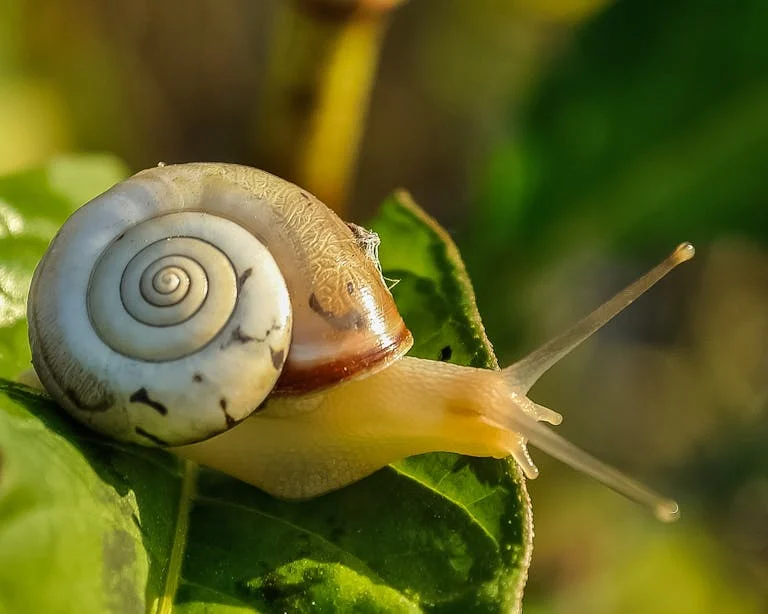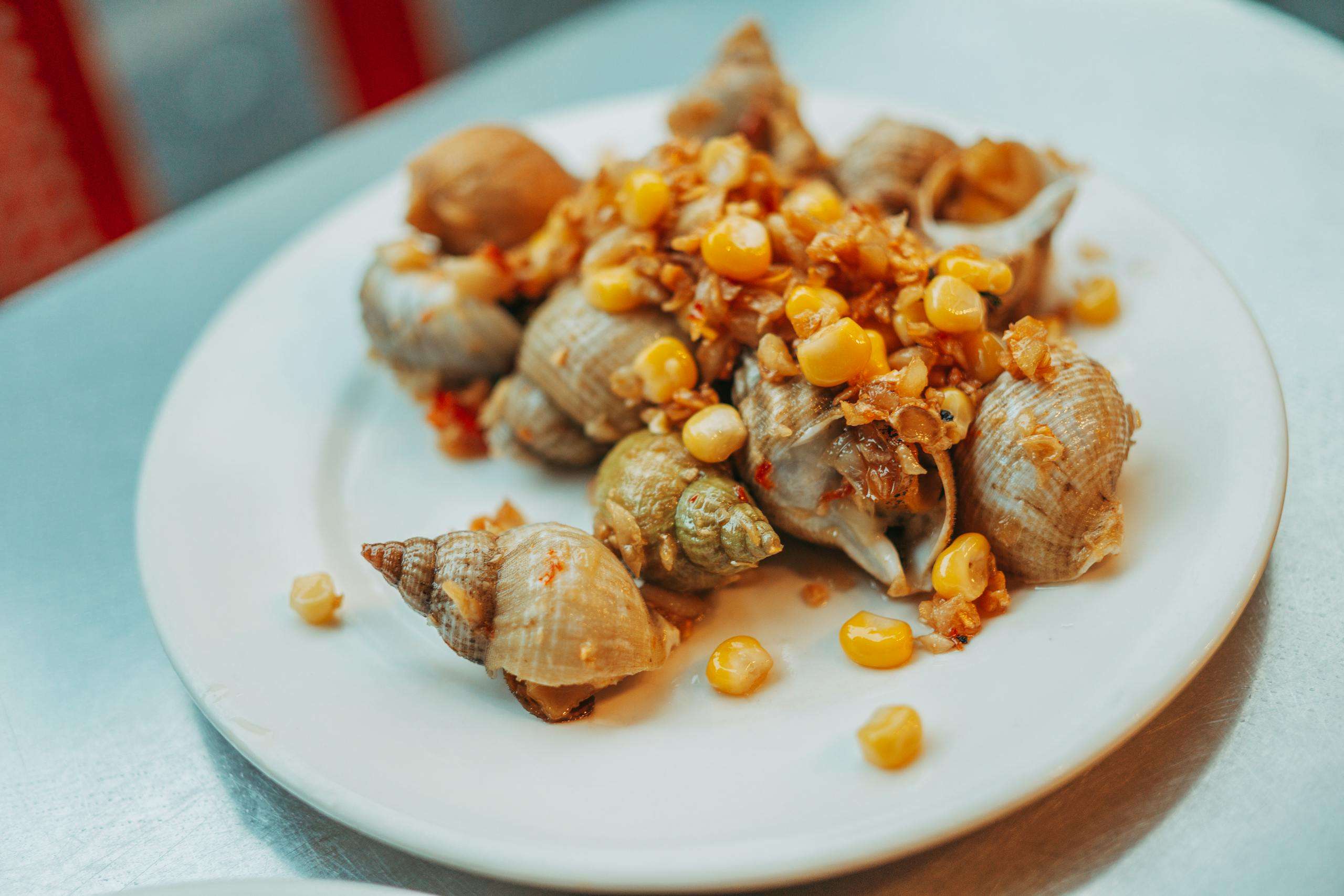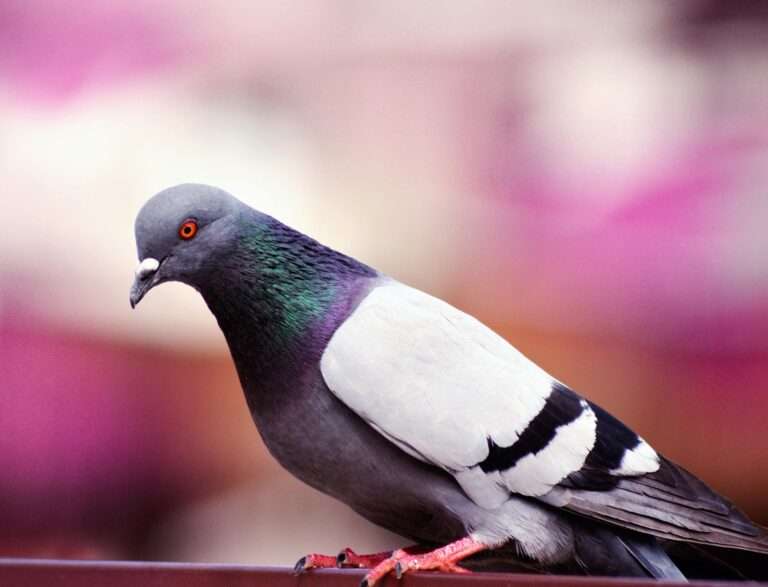Are Snails Halal? A Comprehensive Guide Based on Islamic Perspectives
The halal status of snails has become a topic of interest and debate among Muslims, particularly when distinguishing between sea and land snails.
With culinary delights like escargot featuring prominently in various cuisines, it’s essential to understand their classification within Islamic dietary laws.
Snails belong to the class Gastropoda and can be found in diverse environments, from lush gardens to ocean depths.
This article aims to explore the perspectives of Islamic scholars on the permissibility of consuming snails, the relevant Quranic verse, and the health implications associated with eating these mollusks. Let’s dive into the details to find clarity. So, Are Snails Halal?
Answer: Sea snails are generally considered halal, while land snails are usually haram.
Types of Snails Consumed
There are two main types of snails consumed globally: land snails and sea snails.
- Land Snails: Often featured in dishes like escargot, these snails are generally regarded as haram due to their classification as insects.
- Sea Snails: Commonly found in seafood dishes, sea snails are widely accepted as halal in Islam.

Islamic Perspectives on Snails
Islamic scholars have discussed the permissibility of eating snails, with most opinions rooted in distinguishing between land and sea snails.
- Sea Snails: According to most scholars, sea snails are considered halal, as all seafood is generally permissible in Islam. Scholars like Imam Shafi’i and Imam Malik support this view, which is based on Quranic verses.
- Land Snails: Scholars, particularly from the Hanafi school of thought, classify land snails as insects, making them haram. Imam Abu Hanifa and other scholars argue that insects are impure and, therefore, forbidden for consumption.
Quranic Verses and Hadiths on Insects and Sea Creatures
Although the Quran does not specifically address snails, relevant verses and hadiths guide the halal or haram status of certain creatures.
Quranic Verses: The Quran allows for the consumption of sea creatures:
“Lawful to you is the game from the sea and its food as provision for you and the travelers” (Surah Al-Ma’idah 5:96).
This supports the permissibility of sea snails.
- Hadiths: Hadiths that prohibit the consumption of insects help guide the ruling against land snails. Insects are generally classified as impure, hence not permissible for eating.
Are Snails Halal or Haram?
Islamic jurisprudence makes a clear distinction between sea and land snails when determining their halal or haram status:
- Sea Snails: These are universally regarded as halal, based on Quranic verses and the opinions of the majority of scholars.
- Land Snails: Since they are classified as insects, which are generally haram to consume, land snails are mostly considered haram, particularly by scholars of the Hanafi school.

Health Benefits and Risks of Eating Snails
- Nutritional Benefits: Snails are rich in protein, vitamins, and minerals, providing essential nutrients like iron and omega-3 fatty acids.
- Health Risks: Raw or improperly prepared snails can carry health risks, including parasitic infections, so they must be properly cooked.
Conclusion
Sea snails are widely accepted as halal, while land snails, classified as insects, are mostly considered haram. Islamic scholars, especially within the Hanafi school, prohibit the consumption of land snails, while the majority view sea snails as permissible.
It’s important to follow scholarly guidance and always verify the type of snail before consumption in line with Islamic dietary laws.
Frequently Asked Questions
Are sea snails halal in Islam?
- Yes, sea snails are generally halal based on Islamic rulings.
Why are land snails haram?
- Land snails are classified as insects, which are considered impure in Islamic teachings.
What is the Islamic ruling on escargot?
- Escargot, made from land snails, is considered haram by most scholars.







